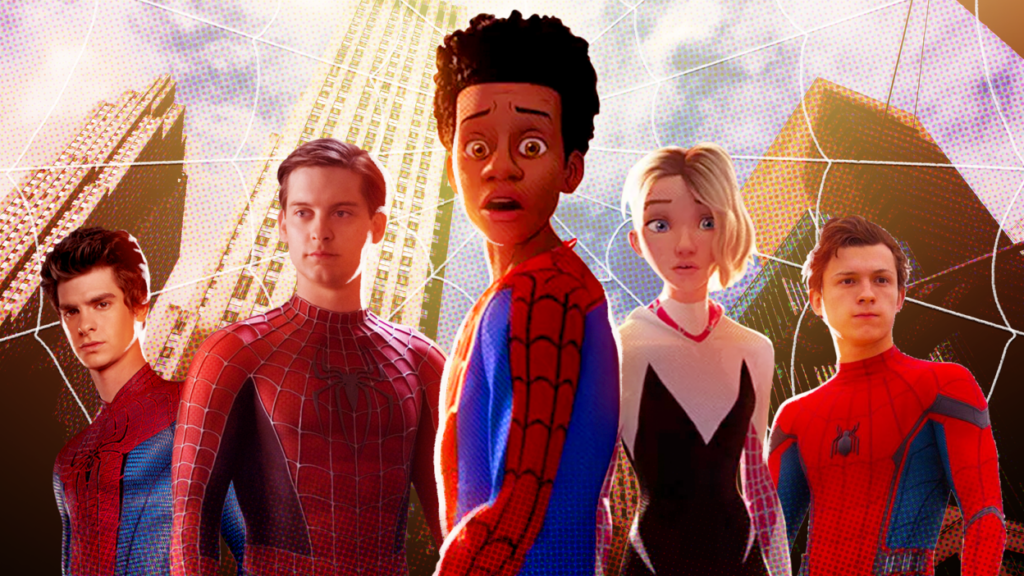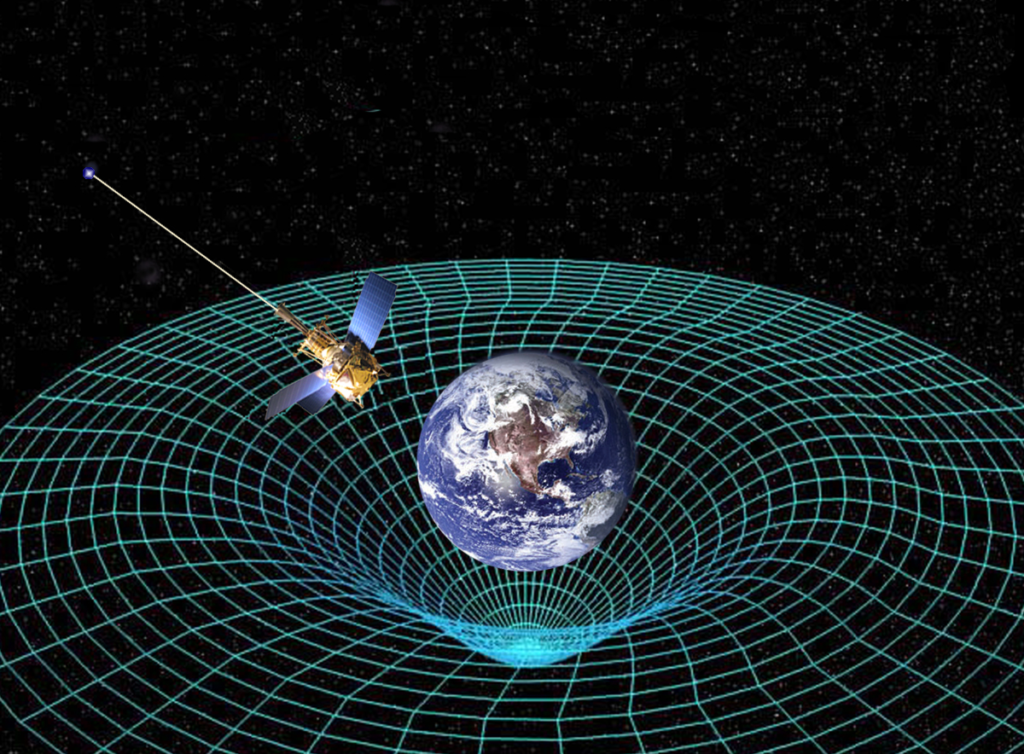The concept of the multiverse has become increasingly prevalent in pop culture, particularly in sci-fi movies and TV shows. It offers a way to explore alternate realities, different versions of characters, and the possibility of other Earths with their own unique attributes. While the Marvel multiverse and other fictional depictions may take liberties with the concept, there are scientific ideas and theories that contribute to the fascination with multiple universes.
What is the Multiverse?
The multiverse is a theoretical concept encompassing a collection of universes. It is believed to encompass the entirety of space, time, matter, energy, information, and the fundamental laws and constants that govern them. These individual universes within the multiverse are often referred to as “parallel universes,” “other universes,” “alternate universes,” or “many worlds.” The sheer vastness of space suggests that there may be other versions of our universe or entirely different universes with their own fundamental ingredients.
Some of the theories attempting to explain the multiverse are as follows:
- The Cosmological Multiverse is based on cosmic inflation, where the universe rapidly expanded after the Big Bang. This expansion could have created multiple bubble universes with different physical laws.
- The Many-Worlds Interpretation suggests that countless branching pathways unfold with every choice and outcome, leading to an intricate web of parallel realities where each possibility manifests as its own distinct world.
- The Infinite Universe theory proposes that if space is infinite, there are infinite regions similar to our observable universe. This includes infinite variations of matter and energy as well.
- The Mathematical Multiverse suggests that all consistent mathematical structures exist as separate universes. The physical laws of each universe are determined by its underlying mathematical structure.
- String Theory proposes that the fundamental building blocks of the universe are tiny, vibrating strings which give rise to different particles and forces in the universe.

The Multiverse In Pop Culture:
The fascination with the multiverse in pop culture goes beyond just scientific curiosity. It taps into a human desire to explore possibilities and consider alternative paths. In a world facing various challenges, from climate change to political polarization, the concept of exploring different realities offers a form of escapism and a way to reflect on our own world. It allows storytellers to imagine what could have been if certain events unfolded differently and provide a fresh perspective on familiar characters and narratives.
Marvel Multiverse: In the MCU, the multiverse is a sprawling network of parallel universes, where each universe operates under its own set of rules and features distinct realities. Each reality has a divergent timeline, with its own unique characters, events, and outcomes.
Rick and Morty Multiverse: In the animated series “Rick and Morty,” the multiverse is an infinite expanse of coexisting realities. The key rule in this multiverse is that every decision or event creates a new timeline or dimension.
Everything Everywhere All at Once: This film portrays the multiverse as a tapestry of interconnected worlds. In this multiverse, individuals exist in multiple parallel realities simultaneously. It follows the rule that all versions of a person across different realities are interconnected.
Star Trek Multiverse: The multiverse in Star Trek involves parallel universes where different versions of reality coexist. One example is the Mirror Universe, where moral values are often reversed. Quantum flux and temporal mechanics are used to explain the existence and interaction of parallel universes, and characters can travel between realities through interdimensional travel. The butterfly effect is also depicted, showing how small changes in the past can shape alternate universes.

Why Is The Theory So Popular?
The appeal of the multiverse in pop culture is fuelled by its lucrative business potential. Remixing popular characters, exploring different versions of their lives, and introducing new variations can create inherent appeal and narrative potential.
The concept of a multiverse also enables cross-overs and shared universes, which have become increasingly popular in recent years. By bridging different franchises or series, the multiverse allows for epic team-ups, crossover events, and unexpected interactions between beloved characters. This not only amplifies fan excitement but also opens up new storytelling possibilities and expands the scope of fictional universes.
The notion of a reset button, where characters can be revived or alternate versions can be explored, provides storytelling flexibility. However, it does raise questions about the stakes and consequences within these fictional universes.

Read More: Director Of ‘Titanic’ Comments On The Titan Sub Tragedy
What Would The Consequences Be?
The discovery of a multiverse, if it were to happen, would undoubtedly lead to significant paradigm shifts in various fields of study. It could challenge our notions of uniqueness, purpose, and the nature of reality.
The reset button, especially, could be one of the most damaging things to the time-space continuum (which is where time and space intertwine and influence each other’s behaviour). It could result in scenarios such as the grandfather paradox, where a person goes back in time and prevents their own birth. It could enable the manipulation of historical events, potentially leading to the erasure or modification of significant moments in history. And worst of all, since each reset would spawn a new timeline, it could result in the fragmentation of reality and the world as we know it.

To Conclude…
The concept of the multiverse raises philosophical and metaphysical questions about the nature of reality. It prompts discussions on topics like determinism versus free will, the existence of parallel versions of ourselves, and the idea of infinite possibilities. These debates extend beyond the realm of science and contribute to the ongoing fascination with the multiverse in popular culture.
Scientists are still working to gather empirical evidence and develop concrete models that could confirm or disprove the existence of multiple universes. Until then, the multiverse will continue to captivate our imaginations through its representation in popular culture, allowing us to ponder the boundless possibilities that may lie beyond our own reality.


